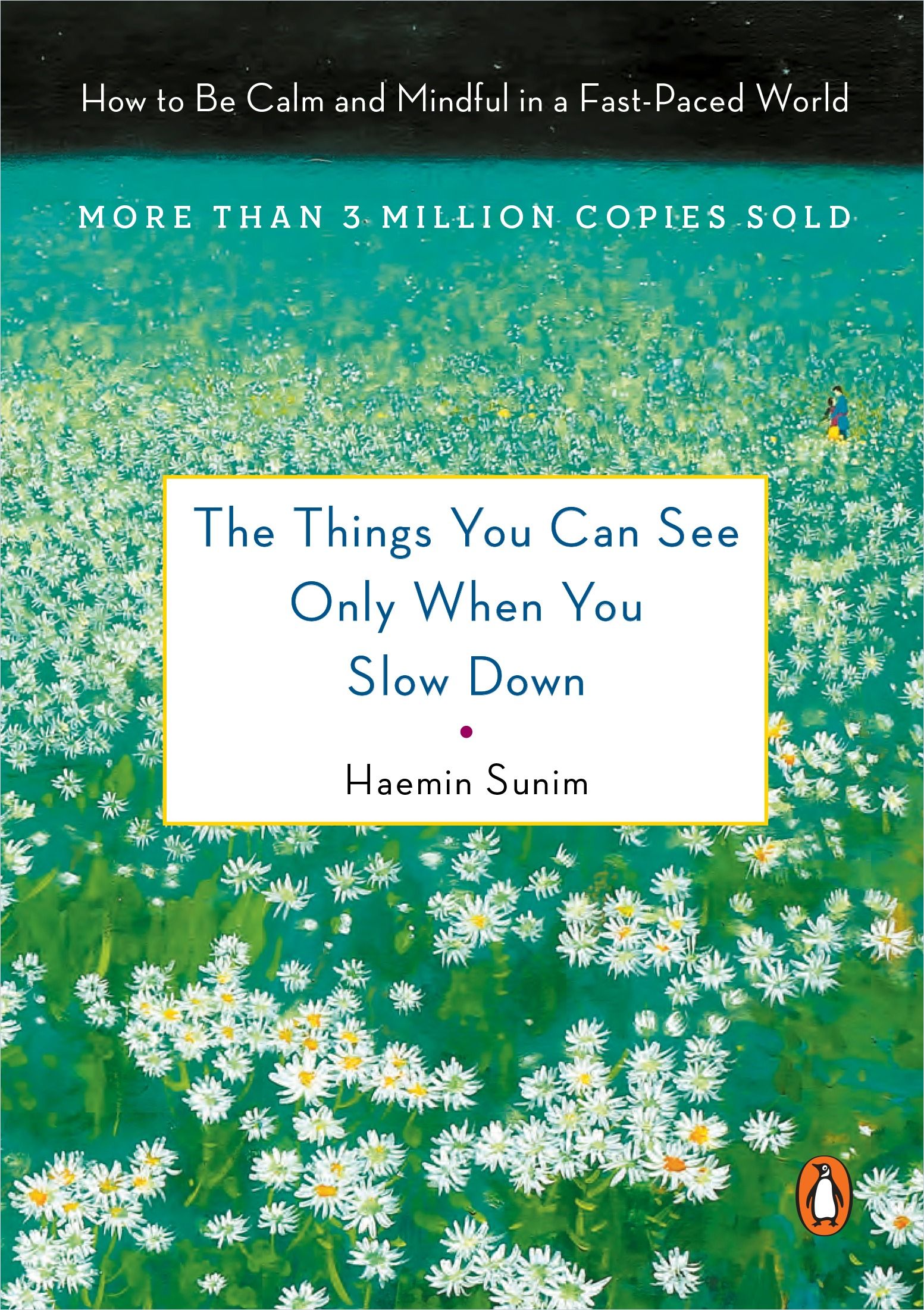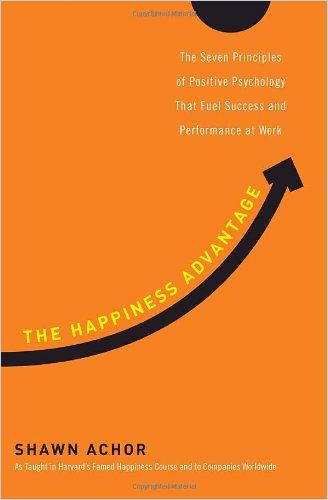How to Downshift Properly

This year, once more, many people will transport their worries and hardships into the festive season. Given the background of enormous global crises and upheavals, it is not easy to gather strength for the start of 2024. But the gathering of stability is vital this time.
We want to support you in this.
You don’t have to be a best-selling Zen Buddhist monk like Haemin Sunim to find peace and serenity. And you don’t have to turn your back on the material world and adopt a monastic existence. Sunim, born in Korea and educated in America, may have a more fully developed spiritual nature than most people. Still, he grounds his philosophical approach in reality: accept life’s challenges, don’t flee from negative emotions, and define your own parameters for happiness and success.

Sunim explains how to achieve contentment regardless of your circumstances. Everyone faces difficult challenges, he says – it’s how you deal with them that determines your happiness. Ultimately, the author asks you to practice mindfulness – to be aware of your thoughts and actions, and how you interact with people and the world.
Here are Sunim’s key Take-Aways:
- Contentment – the acceptance of reality – is the key to serenity.
- Instead of looking to other people for comfort, reach out and comfort someone in need. Acts of kindness elevate the spirit.
- Acknowledging the power of negative emotions helps diffuse them.
- You can’t control other people or how they think. Trying to do so is a waste of time.
- Ego-driven decisions that can harm others are wrong.
- Practicing forgiveness can be difficult, but it’s the only way to unburden yourself.
- The more you chase love, the less likely you are to find it. Love will appear in its own time.
- It’s a fact of life: You don’t like everyone, and everyone doesn’t like you.
- Chart a course in life that will make you happy. What others want for you is immaterial.
Point taken: It’s hard to ignore the negative thoughts and feelings banging around inside your head. They are part of you.
But: They don’t define who you are! Clinical psychologist Scott Symington reports that his emotional management system – the “Two-Screen Method” – helps people deal with worries, fears, anxieties and addictions.

Here are Symington’s key findings:
- Negative thoughts and feelings, and addictive or destructive behaviors plague many lives.
- Most unhappy people want to be happy, and most have the willpower to change but don’t know how.
- Just as you have relationships with other people, you have a relationship with your thoughts and feelings.
- The “Two-Screen Method” (TSM) proposes visualizing a “front screen” in your mind for positivity and a “side screen” in your mind for negativity.
- Accept the existence of bad thoughts and feelings. Redirect your attention away from their negativity.
- In your mind’s “sacred space,” you can choose good thoughts and feelings over bad thoughts and feelings.
- Use mental anchors to keep your attention locked on the positive front screen.
- Putting TSM to work requires information, confidence and practice.
Additionally, educator Geneen Roth’s deeply personal essays illuminate the possibility of being free from the endless chatter of the mind and its narratives of pain, humiliation, anger and suffering in a different way. Roth suffered life-altering setbacks and used their lessons to start the “drop the Me Project,” ending the practice of constantly focusing on self-improvement.

What does it take for you to do the same?
- Don’t think of not fixing yourself as a secret way to fix yourself.
- Worldly and capable people may fall apart when they learn that they can set limits to how others approach them.
- If you see the world through the lens of all that you don’t have, then you will see only what you are missing.
- Ask, “What’s not wrong?” in your life five times a day.
- Give yourself one minute, five times a day, to notice the world around you. Beauty is present in how you see the world.
And finally, Shawn Achor, a lecturer on happiness and the best-selling author of Before Happiness, provides effective tactics for increasing your happiness to counter all the buzz and hustle of 2023.
Achor offers clear principles for improving your state of mind, career path, health, and relationships with the world and other people:
- Consistently spending five minutes a day focusing on your breath can positively affect your health and outlook.
- To increase your happiness, make a point one day a week of doing five kind things for other people.
- Looking at photos of loved ones can give you a jolt of happiness. So can going outdoors for 20 minutes.
- Exercising has a lasting beneficial impact on your mood.
- Using your best skills or a “signature strength” buoys your mood. If you enjoy learning, visit a museum (if possible) or take in some new information each day.
But probably the easiest way to escape the stimulus satiation is to go to the bookshelf, and grab an old book that you always wanted to (or should) read.
We shorten the path for you with our classics collection: Here, you will not only find inspiration but also hints on what is still missing in your library – or what you could present to your loved ones.








